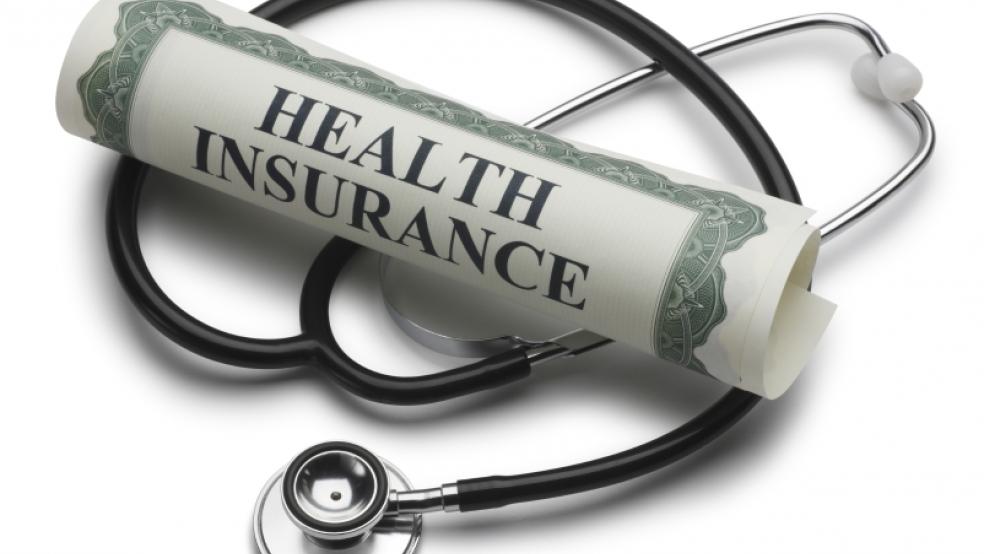Much of the focus on the potential impact of the health care overhaul plan that Republicans in the House of Representatives passed last week has focused on people who purchase insurance on the individual market through the health insurance exchanges set up by the Affordable Care Act. But the effects of the American Health Care Plan were it to become law, would also be felt by people who enjoy employer-sponsored coverage, or who earn too much money to qualify for subsidies under the ACA.
Here are a few of the ways the bill could change things for you:
Related: Why the GOP Health Care Plan Could Still Go Down in Flames
Your employer-sponsored health insurance could get skimpier. The proposal is crafted in a way that would allow private businesses that offer insurance to their employees to reduce the level of benefits they are currently required to provide. That’s because the AHCA has a provision that allows states to request a waiver that would allow them to rewrite the rules on what benefits are considered “essential.”
Under existing law, when companies negotiate with their insurance providers, they can specify the essential benefits they want to offer as being in line with any state-approved description of essential benefits. Under the ACA this had no practical impact because the federal government imposed its own set of benefits in all the states.
However, under the new proposal, if a state received a waiver and created a set of essential benefits that left out things like, for instance, maternity care or addiction treatment, businesses across the country could restructure their offerings to match that one state’s benefit structure.
Your employer-sponsored health insurance could disappear completely. Under the ACA, companies with more than 50 employees are required to offer their workers health insurance coverage, or to pay a fine for each employee who does not receive it. The AHCA would do away with that mandate, leaving companies free to cut costs by abandoning employee health plans.
Related: The GOP’s Bizarre Gamble on Health Care Reform
This is unlikely to happen in businesses where retaining top talent depends on providing benefits like health insurance. But in large swathes of the economy, like retail and hospitality, where workers have much less leverage, scaling back or doing away with health coverage for workers could be a big boost to a company’s bottom line.
Access to women’s health care services could be reduced. The AHCA contains language that would bar Medicaid recipients from spending their benefits at facilities operated by Planned Parenthood. While the immediate effect of that hits low-income Medicaid recipients first, the follow-on effects could also impact women who have employer-sponsored health care.
That’s because Planned Parenthood facilities operate in many rural and underserved areas as the only local source of women’s reproductive healthcare services. If the stream of income to Planned Parenthood facilities from Medicaid patients dries up, it could force the organization to shut down offices, impacting service availability for everyone, not just Medicaid recipients.
Your Medicaid eligibility could go away. States that took advantage of the expansion of Medicaid benefits under the Affordable Care Act created a safety net for people working in jobs or industries where continued employment is uncertain. People who have employer-sponsored insurance in those states know that in the case of layoffs or other kinds of job losses, they can apply for Medicaid if they suddenly find themselves without income.
Related: Can the GOP’s Contrived Health Plan Rescue Consumers from Obamacare’s Collapse?
By 2020, under the AHCA, that reassurance would go away for those who were made Medicaid-eligible by the expansion, as the program would be ended under the proposal.
Not all the effects that the proposal would have on consumers are bad, but the ones who are likely to benefit from a plan like the AHCA tend to be people who earn more money than most Americans.
You could become eligible for a subsidy.
A 30-year old self-employed single man who makes $50,000 per year would not receive a subsidy under the Affordable Care Act because his income is more than 400 percent of the federal poverty level for a single person. Under the ACA, even if he didn’t want insurance, Obamacare’s individual mandate required him to have a policy or pay the penalty.
Under the AHCA, he would be free to go without insurance if he so chose. However, if he elected to buy insurance, he would be eligible for a subsidy of about $2,000 to help cover the premiums.
Related: GOP Struggles to Explain AHCA’s $880 Billion Medicaid Cuts
You can save more money in your HSA (if you could afford one in the first place.) The AHCA would raise the limit on the amount of pre-tax money that can be set aside to defray medical expenses in a Health Savings Account. This offers little in the way of benefits to low-income Americans, who have a very low savings rate in the first place. But it could be a substantial boon to people with enough disposable income to fund an HSA at a high level.
Under the new law, the annual limit on individual contributions to an HSA would rise from $3,400 to $6,550, and the limit for families would jump from $6,750 to $13,100.





